Kids learning program
Free, fun educational app for young kids
Donate
Contact
Joyful learning starts here!
Inspire a lifetime of learning and discovery with our free, fun educational program for children ages two to eight.
100% FREE! No ads, no subscriptions.
Kids will love to learn.
Focused on the whole child
Our program engages kids in core subjects like early literacy, reading, writing, language, and math, while encouraging creativity and building social-emotional skills.
Joyful
Five whimsical, charming characters—including narrator Kodi Bear—guide kids through activities and stories.
Engaging
Original interactive activities, books, animated videos, games, and creative lessons captivate children’s attention.
Developed by experts
Khan Academy Kids was developed in collaboration with learning experts at Stanford and aligned with the Head Start Early Learning Outcomes Framework and Common Core Standards.
100% Free
You’ll never see ads. You’ll never need a subscription.
Adaptive Learning Path
Our personalized learning path dynamically adapts, ensuring each child is presented with activities, books, educational videos, and creative lessons that allow them to learn at their own pace, creating an individualized experience for every learner.
Independent Learning
Kids can also learn independently in the Khan Academy Kids Library—a curated collection of activities, books, videos, and coloring pages. Our book reader allows kids to follow along with recorded audio narration or read on their own across our fiction, non-fiction, and fiction leveled books.
Parents love us.
“Every day I am amazed @khanacademykids is free, and I am so grateful for how much it has contributed to my kid’s development.”
J. Hernandez, via Twitter
“Parents: If you are looking for an educational app for your 2-5 yr old, download @khanacademykids - seriously most research-based, engaging, non-annoying app.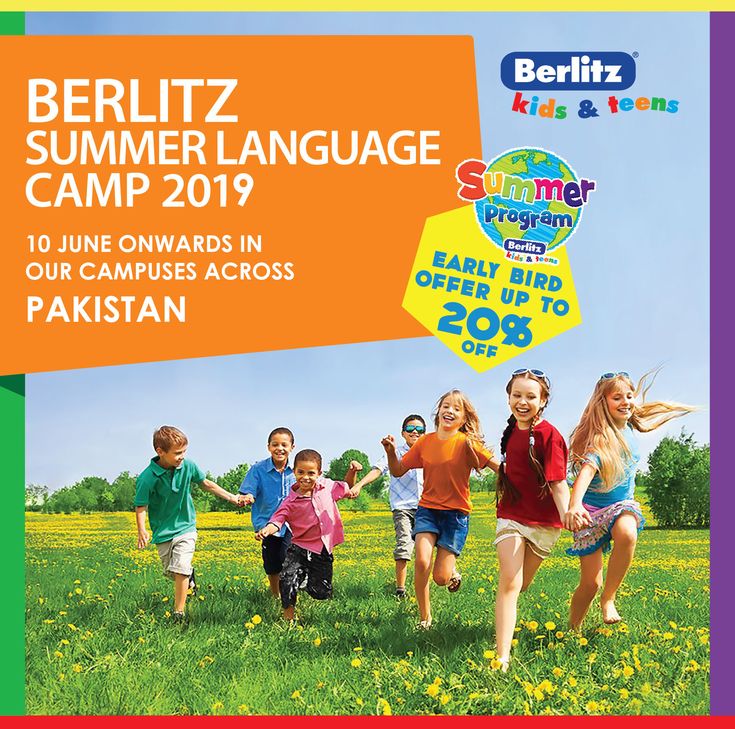 AND IT’S FREE.”
AND IT’S FREE.”
T. Peltier, via Twitter
“My 4-year old is working on @khanacademy’s app @khanacademykids this morning and loving it. The combo of school facts along with social/emotional content is outstanding.”
M. Nemerow, via Twitter
Award-winning program.
Download the app!
Our Partners
Follow us
© 2022 Khan Academy Kids | Terms of use | Privacy policy
Joyful learning starts here!
Inspire a lifetime of learning and discovery with our free, fun educational program for children ages two to eight.
100% FREE! No ads. No subscriptions.
Kids will love to learn.
Focused on the whole child
Our program engages kids in core subjects like early literacy, reading, writing, language, and math, while encouraging creativity and building social-emotional skills.
Five whimsical, charming characters—including narrator Kodi Bear—guide kids through activities and stories.
Joyful
Engaging
Original interactive activities, books, animated videos, games, and creative lessons captivate children’s attention.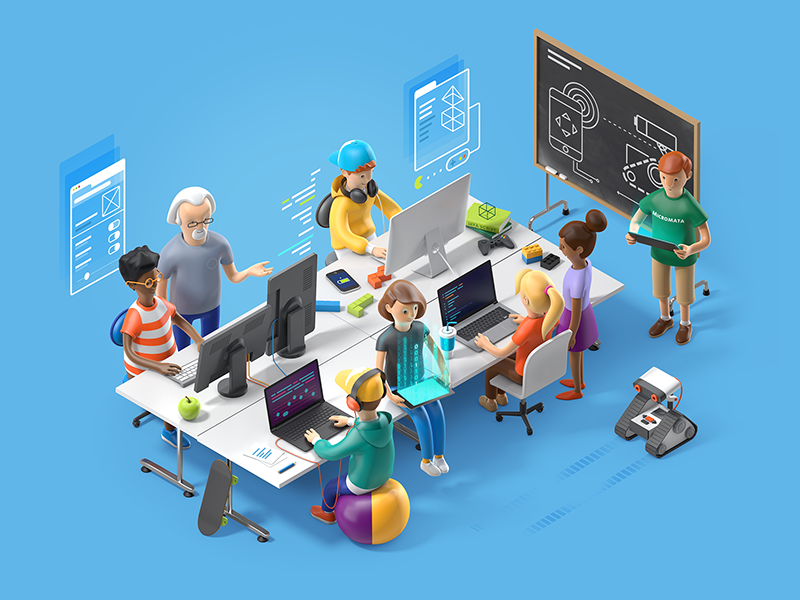
Developed by experts
Khan Academy Kids was developed in collaboration with learning experts at Stanford and aligned with the Head Start Early Learning Outcomes Framework and Common Core Standards.
You’ll never see ads. You’ll never need a subscription.
100% Free
Unique for every learner.
Adaptive Learning Path
Our personalized learning path dynamically adapts, ensuring each child is presented with activities, books, educational videos, and creative lessons that allow them to learn at their own pace, creating an individualized experience for every learner.
Independent Learning
Kids can also learn independently in the Khan Academy Kids Library—a curated collection of activities, books, videos, and coloring pages. Our book reader allows kids to follow along with recorded audio narration or read on their own across our fiction, non-fiction and fiction leveled books.
Parents love us.
“My 4-year old is working on @khanacademykids this morning and loving it. The combo of school facts along with social/emotional content is outstanding.”
The combo of school facts along with social/emotional content is outstanding.”
M. Nemerow, via Twitter
Award-winning program.
Download the app!
Our Partners
Follow Us
© 2022 Khan Academy Kids | Terms of use | Privacy policy
Unique for every learner.
Districts and preschools looking to use Khan Academy Kids can get more info here.
Districts and preschools looking to use Khan Academy Kids can get more info here.
What's new.
Second Grade Lessons
Hundreds of new lessons covering math, English, & more!
Learn more
Teacher Tools
Camp Khan Kids
Powerful new tools for teachers.
Learn more
Free summer learning program with hands-on activities!
Learn more
Research
Studies show Khan Academy Kids boosts pre-literacy skills.
Learn more
Printables
Fun, educational off-screen
family activities.
Learn more
What's new.
Second Grade Lessons
Hundreds of new lessons covering math, English, & more!
Learn more
Teacher Tools
Powerful new tools for teachers.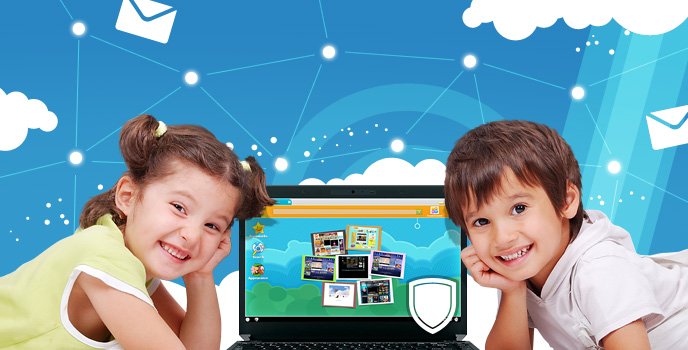
Learn more
Camp Khan Kids
Free summer learning program with hands-on activities!
Learn more
Research
Studies show Khan Academy Kids boosts pre-literacy skills.
Learn more
Printables
Fun, educational off-screen
family activities.
Learn more
Circle Time
YouTube videos with interactive stories and lessons.
Learn more
Circle Time
YouTube videos with interactive stories and lessons.
Learn more
The Essential Early Learning Program and App for Kids 2-8
Learn & Grow App
Personalized to Age and Level
Increases Early Reading Scores by 74%
1,000+ Activities Across Subjects
Start Your Trial
Playful Learning They’ll Love
Our program delivers playful learning across subjects, building the skills kids need through lessons and activities they love.
Reading
A step-by-step pathway that leads to literacy
Math
Building blocks for math confidence
Social & Emotional Learning
Tools for navigating social skills, empathy, and confidence
Thinking Skills
Brain games for big thinking
Creativity
A space for imaginations to run wild
Explore our subjects
Ready to Sign Up?
Annual
$119.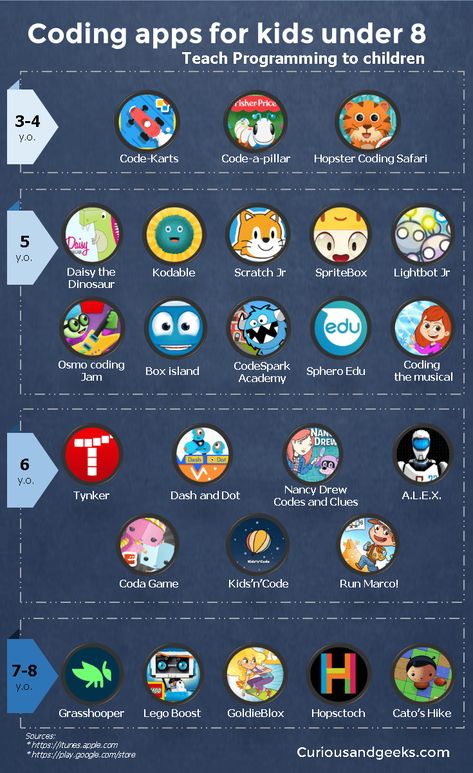 88
88
$59.99/yr.
($4.99/mo.)
Billed yearly at $59.99
Start Free Trial
SAVE 50%
Monthly
$9.99/mo.
Billed monthly at $9.99
Start Free Trial
Included in your trial
Unlimited access to the Learn & Grow App
Up to 4 child profiles
Offline activities and printables
Resources and tips from learning experts
LIMITED TIME BONUS OFFER
Learn with
Sesame Street FREE with HOMER Learn & Grow SubscriptionHOMER's four-step learning framework meets Sesame Workshop's tried and true approach: teaching kids to be confident, curious, and kind.
Learn more
The Learning Journey That Grows with Your Child
Tap below to explore what they'll learn at each stage.
Toddler
Preschool
Pre-K
Early Learner
Growing Learner
Explore Ages
Personalized to Their Interests Across Subjects
Sports
Vehicles
Princesses
Dinosaurs
Animals
Kid Powered Learning
Personalized
Lessons, and activities personalized to age, interests, and skill level.
Proven
Research-backed, kid-tested, parent-approved.
“I Did It” Moments
Builds skills kids (and parents) are proud of.
Joyful
Fueled by activities kids actually want to play.
Safe & Easy
Ad-free, safe, and easy for kids to use.
The Buzz On HOMER
“HOMER is a parent’s dream! Kids are having fun, so they don’t know it’s learning. They ask to do more!”
Deb S.
“Both of my kids use HOMER’s learning program and have excelled! We’ve tried literally 20+ apps and websites, and NONE hold a candle to HOMER.”
Brittany
“My four-year-old daughter has sensory processing disorder; getting her to focus on learning can be a bit of a nightmare, but HOMER has her FULL attention.”
Katie M.
Personalization Made Easy
You tell us a little about your child, and we’ll come up with a learning journey made just for them!
We combine your child’s unique interests
with their age and current learning level
to create a personalized learning journey they love
that builds essential skills for school and life!
Get Started
The Most Effective Way for Your Child to Learn
Developed by experts, our research-based, four-step approach goes beyond rote memorization to build confidence, promote problem-solving, and foster a lifelong love of learning.
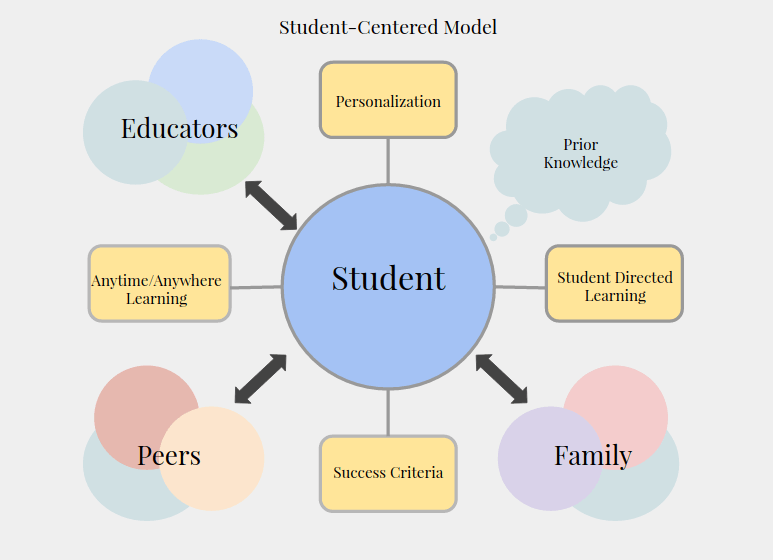
learn more
AS SEEN IN
training programs for the development of first-graders
Types of programs for elementary school
Traditional and developmental systems of education are distinguished in pedagogy:
- Traditional. Training is built according to the scheme "we study - we fix - we check." This system is used both in the beginning and in subsequent classes.
- Developmental. Training is built according to the scheme "we study - we independently draw conclusions - we practice." As a rule, it is aimed exclusively at elementary grades and is not used in middle and high schools.
Each system has a variety of curricula. Consider the most popular.
Source: freepik.com
Program L.V. Zankova
📌 Developmental curriculum for primary school
Fundamentals of the theory - works of L.S. Vygotsky. According to the program, one should not be afraid of mistakes - they learn from them. The schoolboy jumps above his head, but his own, and not someone else's. Disadvantages of the system: a fast pace of learning and a high level of difficulty is not suitable for every child.
The schoolboy jumps above his head, but his own, and not someone else's. Disadvantages of the system: a fast pace of learning and a high level of difficulty is not suitable for every child.
D.B. system Elkonin - V.V. Davydova
📌 Developing curriculum for elementary grades
Daniil Elkonin and Vasily Davydov are Soviet scientists. According to their program, students in elementary school are not graded, it is assumed that students must independently assess the level of their knowledge.
Most of the parents in this program are afraid that due to the lack of grades, the level of knowledge will be low. Elkonin and Davydov assure that learning is more effective if the student is not demotivated by subjective scores. By the way, elementary Waldorf schools adhere to a similar methodology - children are not graded there either.
<
“School of Russia”
📌 Traditional curriculum for elementary grades
“School of Russia” is the most popular curriculum.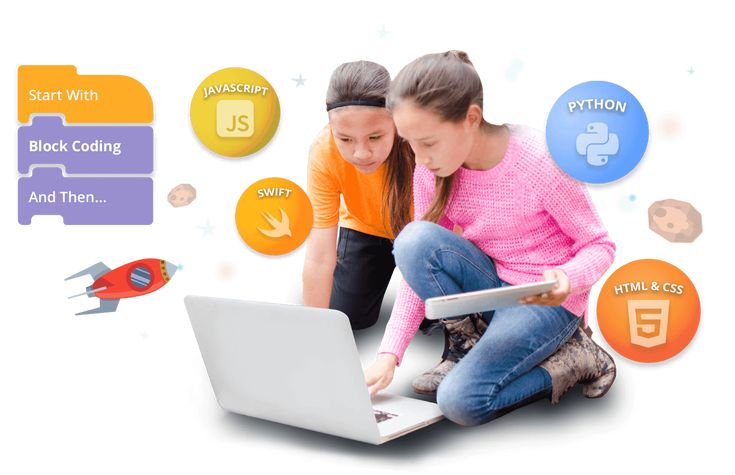 Complies with GEF and is used in most schools. The main goal is spiritual and moral development, which is formed in specially created conditions. The main vector is aimed at the adaptation of the child in the team.
Complies with GEF and is used in most schools. The main goal is spiritual and moral development, which is formed in specially created conditions. The main vector is aimed at the adaptation of the child in the team.
Training under the program is aimed at adaptation in a team, accumulation of knowledge and skills for further training. But feedback from parents is not always positive. Many note that the world around us can be greatly reduced, and the four-year program is too long.
<
"RITM"
📌 Traditional curriculum for elementary grades
"RITM" stands for development, individuality, creativity, thinking. The program combines the traditions of the national elementary school K.D. Ushinsky and the achievements of modern psychology and methodology. The features of this curriculum in the primary grades of the school are variability and an extensive information and educational environment. It is believed that every child should learn to think creatively and independently, as well as to reveal their individuality. The system consists of completed subject lines of textbooks, which are included in the federal list, except for the ABC and Literary Reading.
The system consists of completed subject lines of textbooks, which are included in the federal list, except for the ABC and Literary Reading.
<
Primary school of the XXI century (Vinogradova system)
Vinogradova is a doctor of pedagogical sciences and the creator of a training program for first grade children. The program is aimed at strong students. To pass it successfully, you need to come to the first class with a certain level of preparation. This program is based on the theory of L.S. Vygotsky, as well as the ideas of Elkonin and Davydov. UMK is included in the Federal list of textbooks recommended by the Ministry of Education and Science. It is believed that the goal of a teacher working on this teaching method is to teach a child to learn.
Perspektiva
📌 Traditional Primary School Education Program
The author of this Primary School Education Program is Lyudmila Peterson, a Russian teacher, mathematician and Doctor of Pedagogical Sciences. In addition to Perspektiva, she developed a popular mathematics course in Russia for preschool and school age. Peculiarities of WMC Peterson are personality education and spiritual and moral development. It is assumed that educational materials are structured so that the child's curiosity is not lost, but constantly nourished and turns into a need to learn new things.
In addition to Perspektiva, she developed a popular mathematics course in Russia for preschool and school age. Peculiarities of WMC Peterson are personality education and spiritual and moral development. It is assumed that educational materials are structured so that the child's curiosity is not lost, but constantly nourished and turns into a need to learn new things.
"Harmony"
📌 Traditional education program for elementary grades
Educational program for elementary grades "Harmony" is based on two principles: humanization and developing education. A feature of the EMC is the dynamic assessment of the success of each child, which is reflected in the portfolio. The concept of the program was proposed by Doctor of Pedagogical Sciences N.B. Istomin. For successful learning under the program, the child must already be able to actively communicate, think logically, and have an objective interest in knowledge. Preparation of preschoolers for "Harmony" falls on the shoulders of parents.
“School 2100”
📌 Traditional primary education program
This primary education program is called “the concept of the educational system” because it has not one, but a whole team of authors: Sh.A. Amonashvili, A.A. Leontiev, L.G. Peterson, R.N. Buneev, E.V. Buneeva and others. It is based on the “pedagogy of common sense” by A.A. Leontiev. The features of the program are called continuity at all stages of education from kindergarten to university, consistency in the use of acquired knowledge and continuity in the sequence of educational tasks. Work on the program continues at the middle level. As a result, the authors see a child capable of self-development, owning a picture of the world and bearing responsibility for himself and his education.
Planet of Knowledge
📌 Traditional primary school curriculum
The fundamental principle of this program is variability.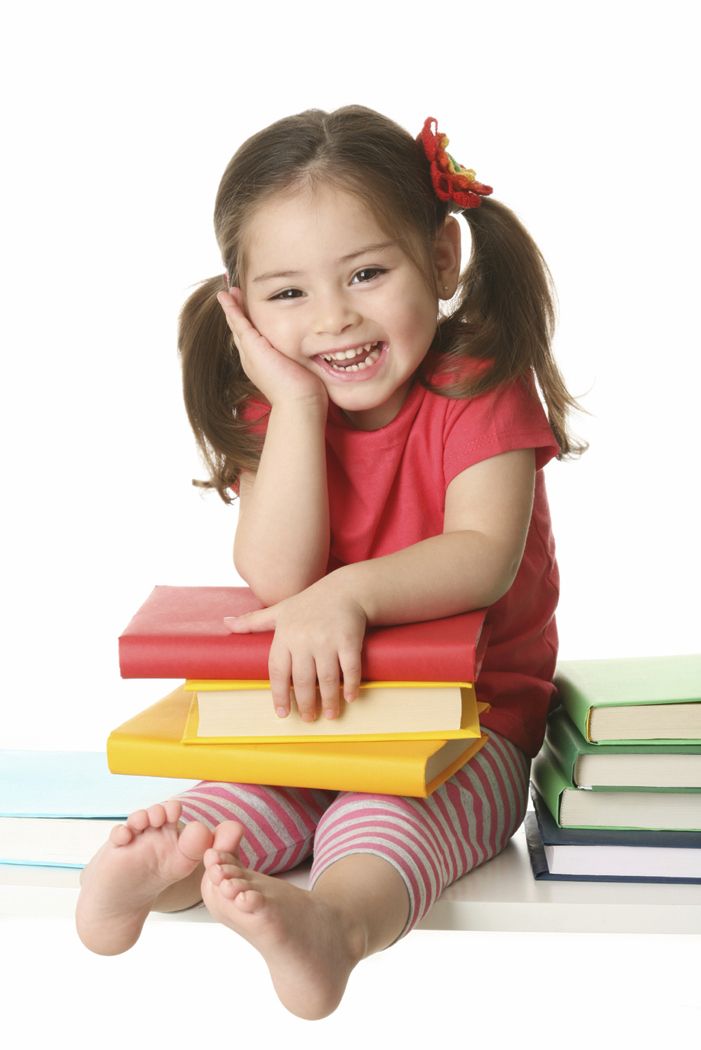 TMC consists of two parts:
TMC consists of two parts:
- all schoolchildren should know the basic level;
- difficult level consists of non-standard tasks for curious students who want to increase their knowledge.
According to this elementary school program, the student must strive for new knowledge and enjoy learning. To do this, you need to create comfortable conditions. Therefore, the first year of study is considered adaptive - young students are not overloaded and are allowed to smoothly join the process. The advantages of the program are the variability of levels and tasks, the education of the desire to acquire new knowledge. The disadvantages include preschool education - the child must be able to read and count.
Promising Primary School
📌 Traditional Primary Education Program
This Primary School program was developed in 2006 along with the first GEF. As in the Planet of Knowledge program, the entire learning process is based on the child's desire to learn.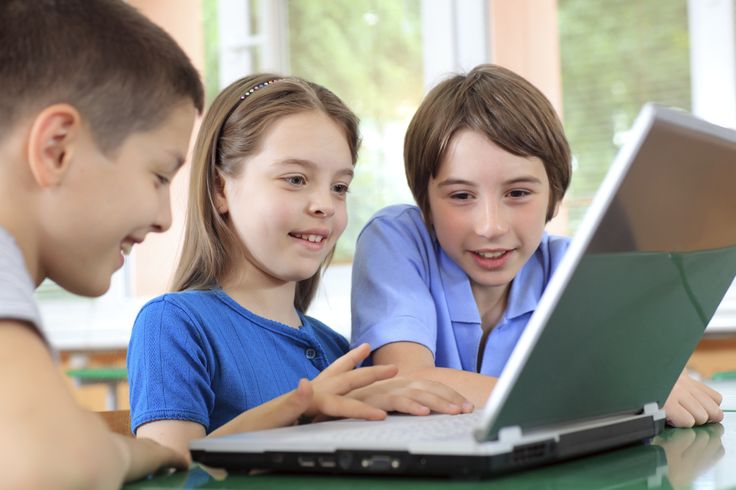 For simplicity of reasoning, constant book characters were invented - Misha and Masha. So children in elementary school learn the material visually.
For simplicity of reasoning, constant book characters were invented - Misha and Masha. So children in elementary school learn the material visually.
<
